Our goal is to create an open ecosystem for quantum technologies and quantum software and algorithms so that anyone interested can easily be a part of it. The goal of this group is to learn and diffuse quantum computing as well as to participate and contribute to the research on this topic.
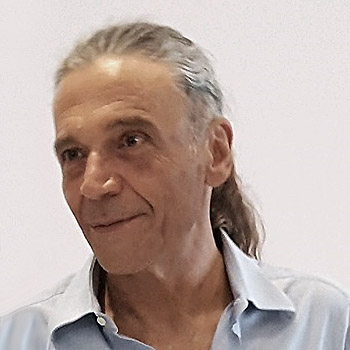
Professor Ilias K. Savvas – Leader
Dr. Ilias K. Savvas received his PhD degree in Computer Science at the University College of Dublin in Ireland. He is a Professor at the Department of Digital Systems, and Dean at the Faculty of Technology, University of Thessaly, Greece. His research interests include issues related to parallel and distributed computing, data mining, high performance computing, machine learning, and quantum computing. He is author of a great deal of research studies published at international journals, conference proceedings as well as a book chapter and member of various journals and conferences program and scientific program committees.
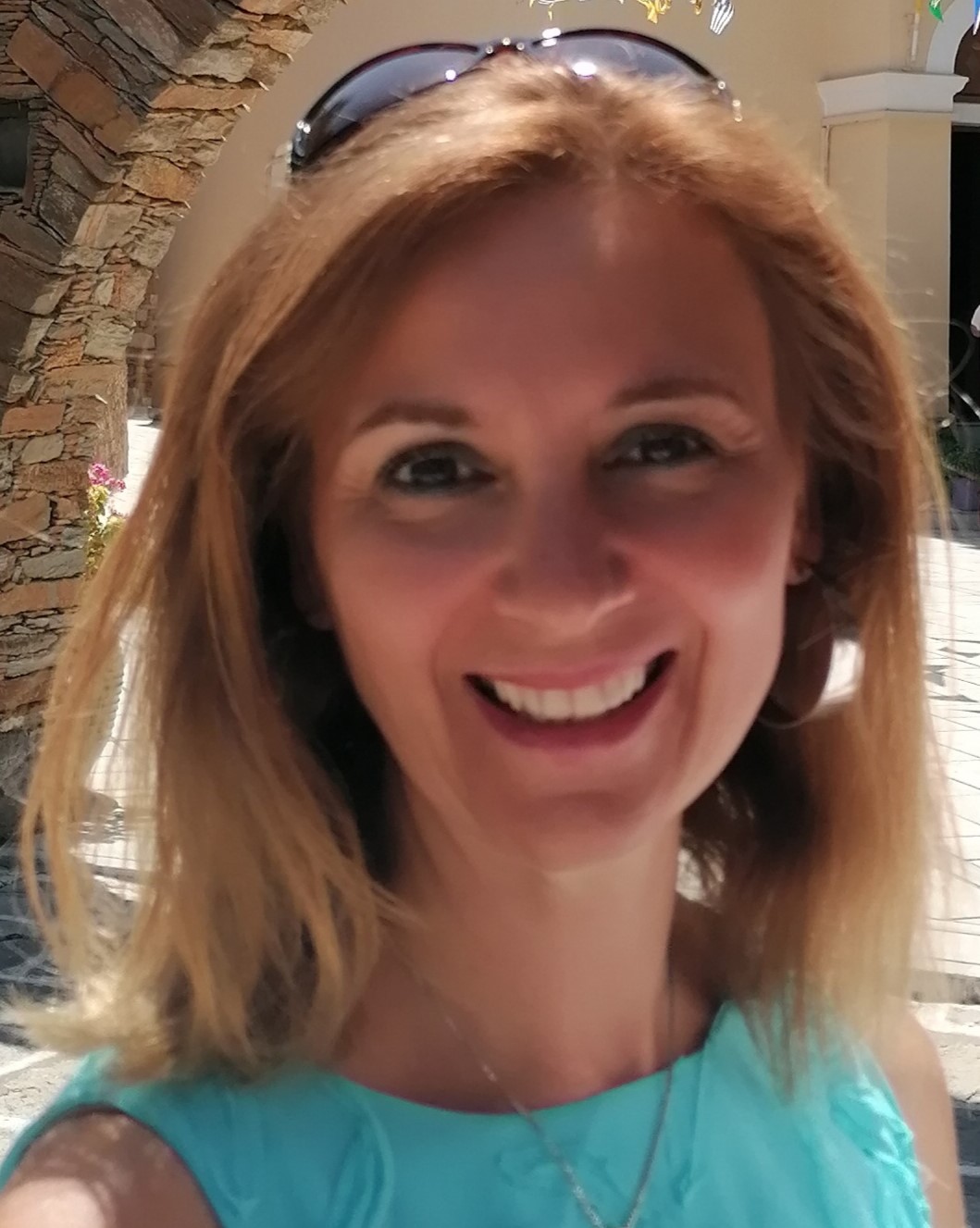
Assoc. Professor Georgia Garani – Member
Dr. Georgia Garani received her PhD in Computer Science from Birkbeck College, University of London, UK. She is currently an Associate Professor and Head of the General Department of the University of Thessaly in Greece. She is involved in a series of research projects. Her research interests include temporal and spatial databases, data warehousing, parallel and distributed computing, query optimization and quantum computing. She is the author of many research papers and member of various journals and conferences reviewing committees.
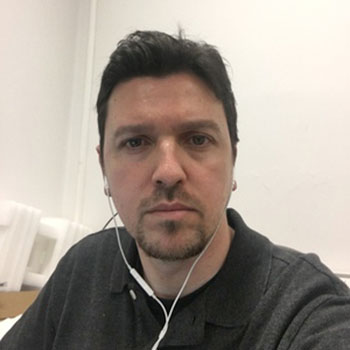
Assist. Professor Apostolos Xenakis – Member
Dr. Apostolos Xenakis received his PhD from the Electrical and Computer Engineering department of University of Thessaly (UTH). He is Assistant Professor at the Department of Digital Systems, School of Technology, University of Thessaly, Greece. His research interests focuses on Wireless Sensor Networks for Precision and Industrial Applications, IoT, 5G Communication Networks, Optimization techniques, Quantum Information Theory and Cryptography. He is the author of several research papers published at International Journals and conference proceedings regarding these topics. He is also the author of a book related to STEM Computational thinking and IoT. Finally, he is co – editor and reviewer on several journals and Cisco / STEM Academic Instructor.
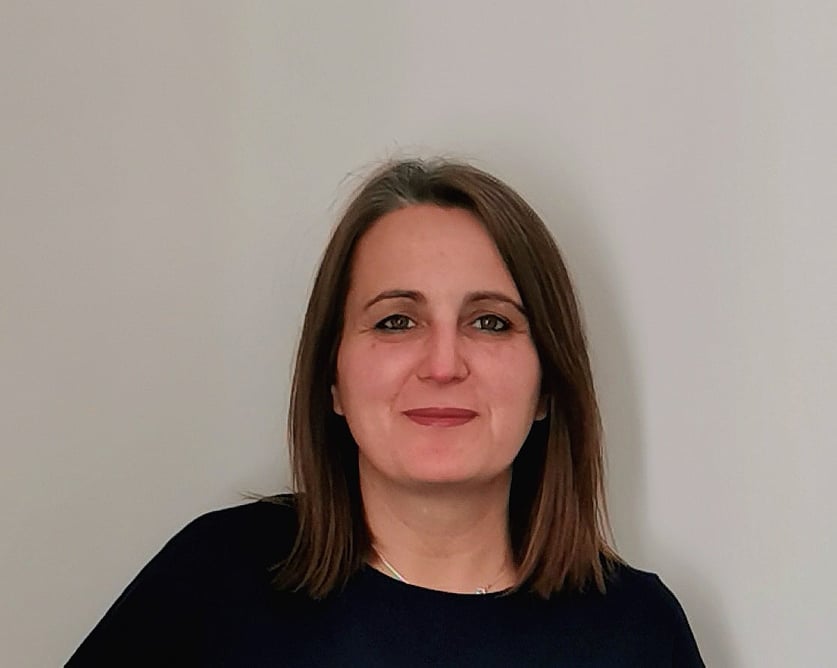
Maria Ch. Avramouli – Member
Maria Ch. Avramouli has received her degree in Computer Engineering and Informatics at University of Patra and her MSc in Information and Communication Systems at Open University of Cyprus. From June 2021 she is a PhD student, Department of Digital Systems, University of Thessaly. Her work is entitled “Quantum Machine Learning in Drug Discovery”. She is Executive Coordinator and Quality Assurance Officer of the Lifelong Learning Center of the University of Thessaly. She has been working as a programmer and as a teacher in secondary education for many years. Her research interests include issues related to quantum computing and machine learning.
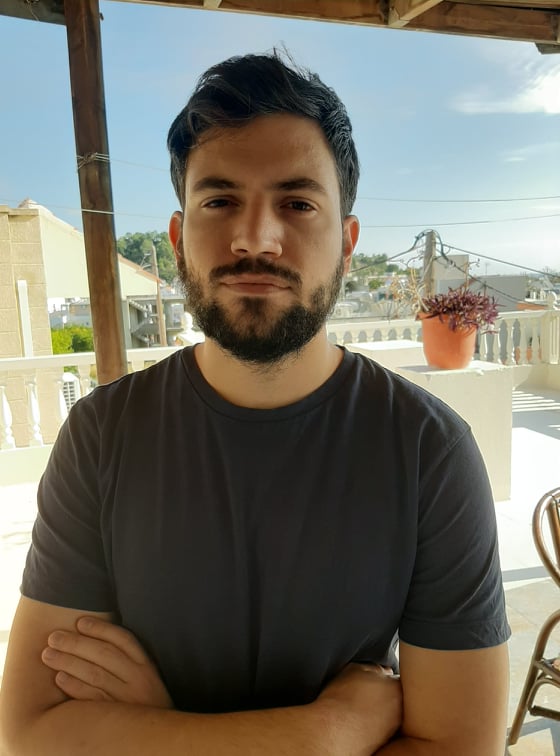
Ilias P. Galanis – Member
Ilias P. Galanis received his bachelor’s degree in computer science at the University of Ioannina and later, an MSc degree on Software engineering for Web and Mobile Applications from University of Thessaly. He is now a PhD student at University of Thessaly on “Machine Learning Using Complex Quantum Systems”, an active member of QWorld and a QGreece organizer. His research interests include issues related to quantum computing, machine learning and Artificial Intelligence.
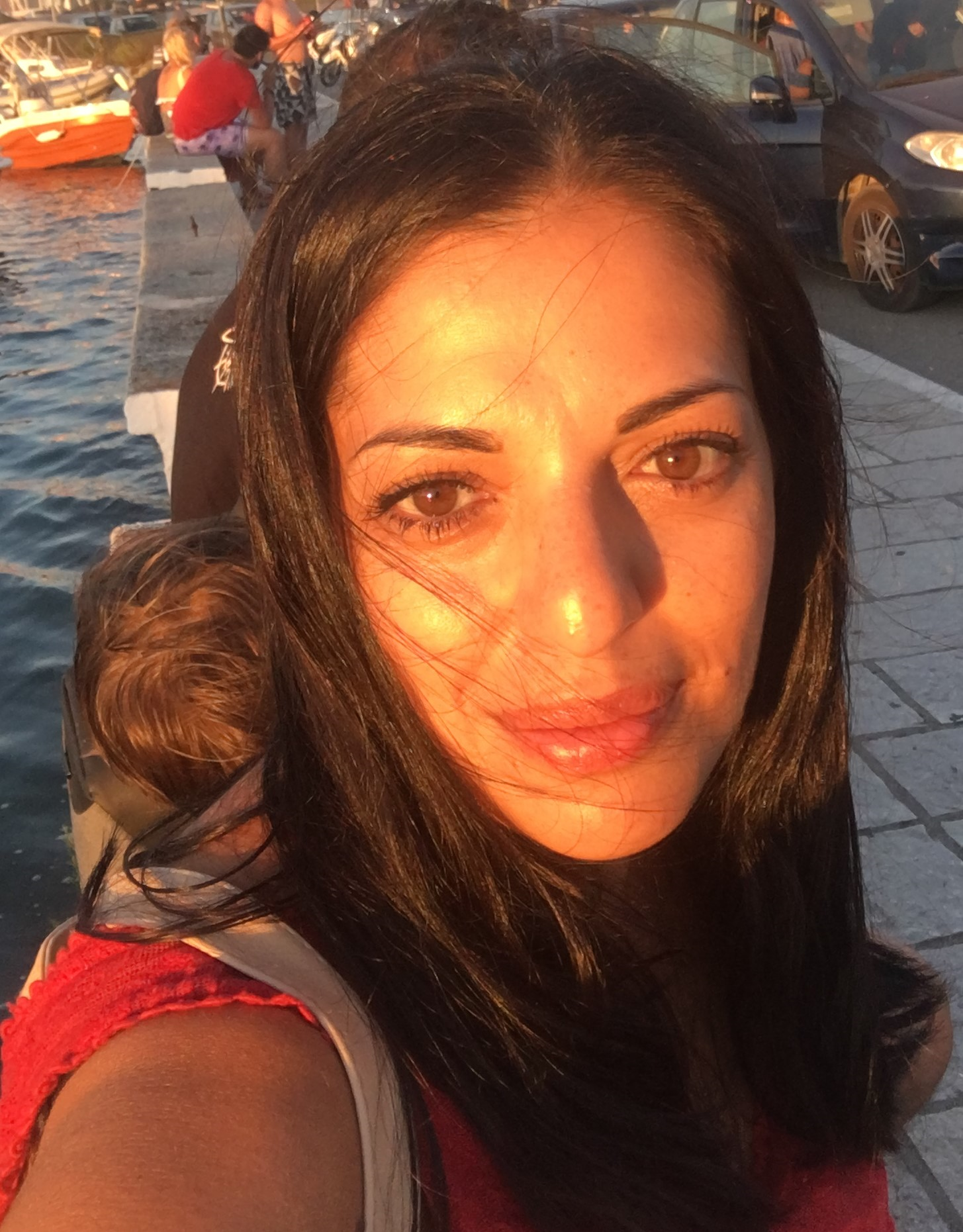
Maria E. Sabani – Member
Maria E. Sabani has studied Mathematics and holds M.Sc. in Pure Mathematics and MSc in Special Education. She is working with children with special needs and the last years she is collaborating with a company that offers courses to teachers from others countries. She speaks fluently 5 languages, she knows Braille writing and she is a certified adult educator. She participates in math conferences as lecturer and has published innovative papers in mathematics and pedagogy. She is now a PhD student at Department of Digital Systems, University of Thessaly on “Post-Quantum Cryptographic Algorithms”.
